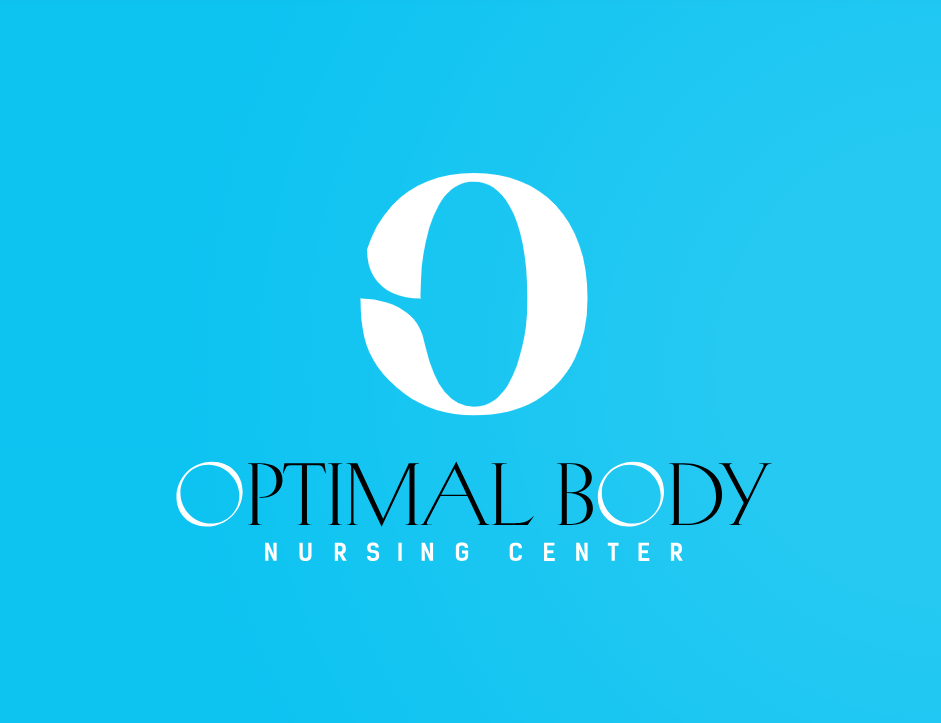Perimenopause, the transition to menopause, can bring challenging symptoms for women aged 40–55, but with the right approach, relief is possible. Optimal Body, a trusted women’s health clinic in Santa Clarita, offers holistic solutions to help local women navigate this phase. This guide explores how to manage perimenopause symptoms using supplements, lifestyle changes, bioidentical therapy, and support for adrenal fatigue and thyroid health. Written in simple words, it’s designed for Santa Clarita women experiencing perimenopause signs and seeking practical, evidence-based strategies.
potential to enhance physical performance. This article provides an overview of how HGH can improve men’s fitness, drawing from clinical research while emphasizing candidacy, risks, and safeguards.
What is Human Growth Hormone (HGH)?
HGH is a peptide hormone that stimulates growth, cell reproduction, and regeneration in humans. It peaks during puberty and gradually decreases with age, contributing to age-related declines in muscle tone and energy.
The Role of HGH in Fitness and Aging
In fitness enthusiasts, Human Growth Hormone promotes protein synthesis, which aids in muscle repair and growth. For middle-aged men, this means potential improvements in workout efficiency and overall body composition. However, HGH therapy isn’t a shortcut it’s most effective when combined with exercise and diet.
Introduction to Peptides in Hormone Optimization
Peptides are short chains of amino acids that act as signaling molecules in the body. Unlike full proteins, they are smaller and can target specific functions, such as hormone release. In hormone therapy, peptides are used to stimulate natural HGH production rather than directly injecting synthetic HGH, offering a more regulated approach.
What Are Peptides and How Do They Work?
Peptides mimic natural hormones, binding to receptors to trigger responses like HGH secretion from the pituitary gland. Common types include growth hormone-releasing peptides (GHRPs) like Ipamorelin and CJC-1295, which are popular in fitness circles for their ability to boost HGH levels without the same regulatory scrutiny as synthetic HGH. Research shows these can enhance muscle growth and fat loss by promoting HGH pathways.
Peptides are administered via injections, oral forms, or topicals, and their use in therapy dates back to studies on natural hormones like insulin. They are increasingly researched for regenerative medicine, with applications beyond fitness.
When Are Peptides Used in Fitness?
Peptides are typically used when natural HGH levels drop, such as in middle-aged men experiencing fatigue or stalled progress in the gym. They are not for everyone clinical evaluation is key to determine if low HGH is the issue. Uses include post-workout recovery, where peptides accelerate tissue repair, and during cutting phases for fat metabolism.
HGH Benefits for Muscle Mass and Recovery
One of the primary draws of HGH therapy is its impact on muscle development. Evidence suggests that HGH increases muscle strength, particularly in the lower body, through enhanced protein accretion.
Building Muscle Hypertrophy with Peptides
Peptides like GHRP-6 stimulate HGH release, promoting muscle hypertrophy and strength gains. For middle-aged men, this can counteract sarcopenia (age-related muscle loss). Studies on healthy adults show recombinant HGH improves muscle mass and endurance, translating to better gym performance.
- Enhanced protein synthesis for faster muscle repair.
- Support for strength development during resistance training.
Accelerating Recovery and Reducing Fatigue
HGH therapy aids recovery by repairing tissues and reducing inflammation. Peptides enhance mitochondrial energy production, allowing quicker bounce-back between sessions. Men report improved exercise capacity and reduced downtime, making it ideal for consistent training routines.
Peptides for Weight Loss and Fat Metabolism
Weight loss through peptides involves regulating appetite and boosting fat metabolism. By stimulating HGH, peptides improve insulin sensitivity, helping middle-aged men shed visceral fat.
How Peptides Enhance Fat Burning
Peptides promote thermogenesis and appetite control, leading to sustainable weight loss. Combined with diet, they can reduce body fat while preserving muscle. Research links this to HGH’s role in metabolism.
Performance Optimization with HGH and Peptides
For athletic performance, peptides address energy production and stress response. They support cognitive focus and recovery, essential for middle-aged men balancing work and workouts.
- Boosting Energy and Endurance: HGH via peptides increases mitochondrial function, enhancing stamina. Users experience better workout intensity and reduced fatigue.
- Longevity and Anti-Aging Effects:Longevity benefits include telomere maintenance and oxidative stress reduction. Peptides protect cells, potentially extending healthspan.
- Cellular Protection for Long-Term Health:By minimizing damage, peptides support sustained fitness into later years.
- Sexual Health Improvements: Peptides enhance libido and hormone regulation, improving circulatory function. HGH therapy may boost sexual performance in men.
- Hormone Balance for Vitality: This leads to better erectile function and overall satisfaction.
Immune Support and Repair
Peptides modulate immune responses and aid tissue healing. They balance autoimmune processes and promote neuroregeneration.
Recovery from Injuries
Ideal for fitness-related strains, peptides speed soft tissue repair.
- Antimicrobial activity for infection prevention.
- Enhanced healing post-exercise.
Risks and Side Effects of HGH Therapy
While beneficial, HGH therapy carries risks. Common side effects include joint pain, swelling, and carpal tunnel syndrome. Long-term use of certain peptides may increase blood pressure or cancer risk.
Potential Complications
Peptide-specific risks are lower but include injection-site reactions. Always monitor under medical supervision.
Eligibility and Clinical Evaluation
Eligibility requires confirmed HGH deficiency via tests like stimulation assays and patient’s symptoms like fatigue, low libido, difficulty to gain muscle, increase visceral fat, and etc.
Safeguards and Best Practices
Consult a healthcare provider for personalized plans. Monitor progress every 1-3 months. Combine with natural boosters like exercise.
In conclusion, HGH therapy, particularly through peptides, offers middle-aged men or women a way to enhance fitness by improving muscle mass, recovery, and performance. However, it’s not without risks, and professional guidance is essential for safe use. For personalized consultations on hormone optimization, contact Optimal Body to discuss your fitness goals.
Frequently Asked Questions (FAQs)
-
- What is the difference between HGH and peptides?
HGH is a hormone, while peptides stimulate its natural production. Peptides are often preferred for their targeted effects and lower risk profile. - How long does it take to see results from HGH peptide therapy?
Most men notice improvements in energy and recovery within 4-6 weeks, with muscle gains appearing after 2-3 months of consistent use. - Are peptides legal for fitness use?
Peptides like Ipamorelin are available by prescription for therapeutic purposes but are banned in professional sports due to performance-enhancing effects. - Can HGH therapy cause weight gain?
Initially, fluid retention may occur, but long-term use typically reduces body fat and supports weight loss when combined with exercise. - Is HGH therapy safe for men over 50?
It can be safe with proper evaluation and monitoring.
- What is the difference between HGH and peptides?


